Tatsuro Ichiishi, Akira Yamazaki9812563598, 9789812563590
This is the very first comprehensive monograph in a burgeoning, new research area – the theory of cooperative game with incomplete information with emphasis on the solution concept of Bayesian incentive compatible strong equilibrium that encompasses the concept of the Bayesian incentive compatible core. Built upon the concepts and techniques in the classical static cooperative game theory and in the non-cooperative Bayesian game theory, the theory constructs and analyzes in part the powerful n-person game-theoretical model characterized by coordinated strategy-choice with individualistic incentives, the influence of outsiders’ strategy choice upon the feasibility and implications of coalitional attainability, and incomplete information. The book presents the basic results of this theory. It also presents the research results to date on the simple, but central economic model of Bayesian pure exchange economy, and also on an alternative approach, anonymous coalition formation. The theory presented here points to an important future research direction in economics. In particular, it has the potential to provide game-theoretical foundations of organizational analysis in which organizations (coalitions) as corporations institute a non-market resource allocation mechanism while using the market resource allocation mechanism at the same time. The book provides appraisals of the various concepts, setups and results established to date as well as many discussions on philosophical issues on different approaches in the area, thereby clarifying the applicability and limitations of the current theory. It also contains numerous examples illustrating various concepts and points of discussions. Cooperative Extensions of the Bayesian Game is an essential reference in strategic cooperative game theory, and serves as an informative textbook for PhD courses in advanced economic theory, mathematical economics, game theory, and industrial organization. |
Table of contents :
Contents……Page 8
Preface……Page 12
I BASIC INGREDIENTS……Page 13
1 Introduction……Page 15
2.1 Formal Model……Page 19
2.2 Examples……Page 25
2.3 Two Approaches to Formulate Incomplete Information……Page 28
3.1 General Case……Page 33
3.2 Private Information Case Fully Pooled Information Case……Page 34
4.1 Private Information Case……Page 37
4.2 Mediator-Based Approach……Page 50
4.3 Communication Plan as a Part of a Strategy……Page 52
II SOLUTIONS INFORMATION REVELATION……Page 55
5.1 Interim Solution Concepts……Page 57
5.2 Ex Ante Solution Concepts……Page 64
5.4 Coexistence of Coalitions……Page 66
6.1 Interim Efficiency Concepts……Page 69
6.2 Coexistence of Coalitions……Page 74
7.1 Fine Core and Ex Post Core……Page 77
7.2 Private Measurability and Bayesian Incentive Compatibility……Page 82
8.1 Interim Solutions……Page 103
8.2 Ex Ante Solutions……Page 105
8.A Appendix to Chapter 8……Page 110
9 Approaches to Information Revelation……Page 121
9.1 By Contract Execution……Page 122
9.2 By Contract Execution: A Profit-Center Game with Incomplete Information……Page 130
9.3 By Choosing a Contract……Page 147
9.4 Update of Interim Probabilities……Page 150
9.5 By Credible Transmission of Information During the Contract Negotiation……Page 160
9.A Appendix to Chapter 9……Page 161
III PURE EXCHANGE ECONOMY……Page 177
10 Existence……Page 179
10.1 Interim Solutions……Page 180
10.2 Ex Ante Solutions……Page 200
11.1 Large Bayesian Pure Exchange Economy……Page 207
11.2 Interim Solutions……Page 208
11.3 Ex Ante Solutions……Page 213
12.1 Interim Solutions……Page 219
12.2 Ex Ante Solutions……Page 224
IV ANOTHER VIEWPOINT……Page 229
13.1 Mechanism Design……Page 231
13.2 Pure Exchange Economy……Page 235
Bibliography……Page 239
Glossary……Page 247
Index……Page 251 |
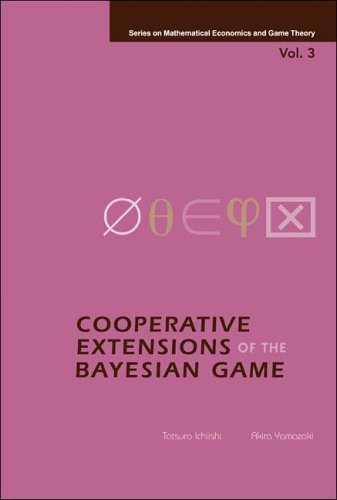
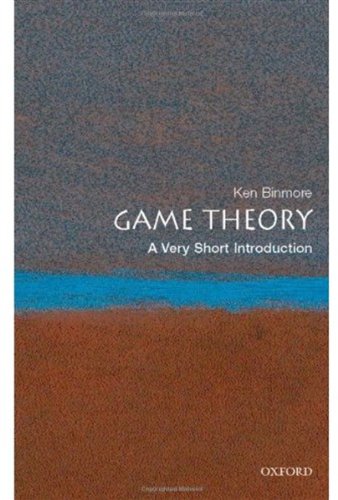
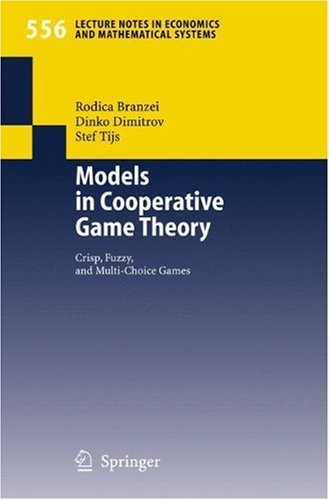
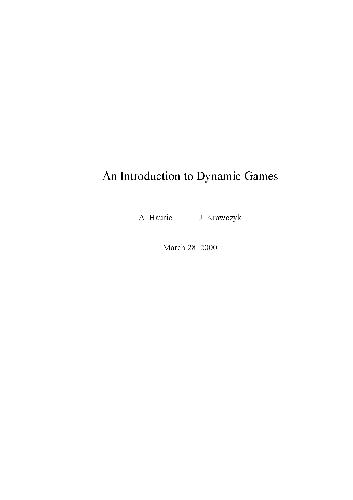
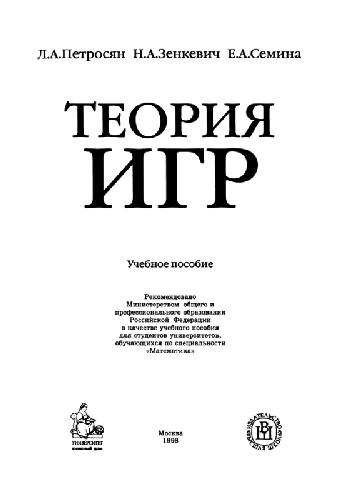

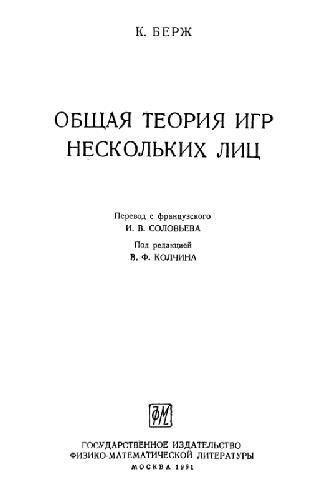
Reviews
There are no reviews yet.